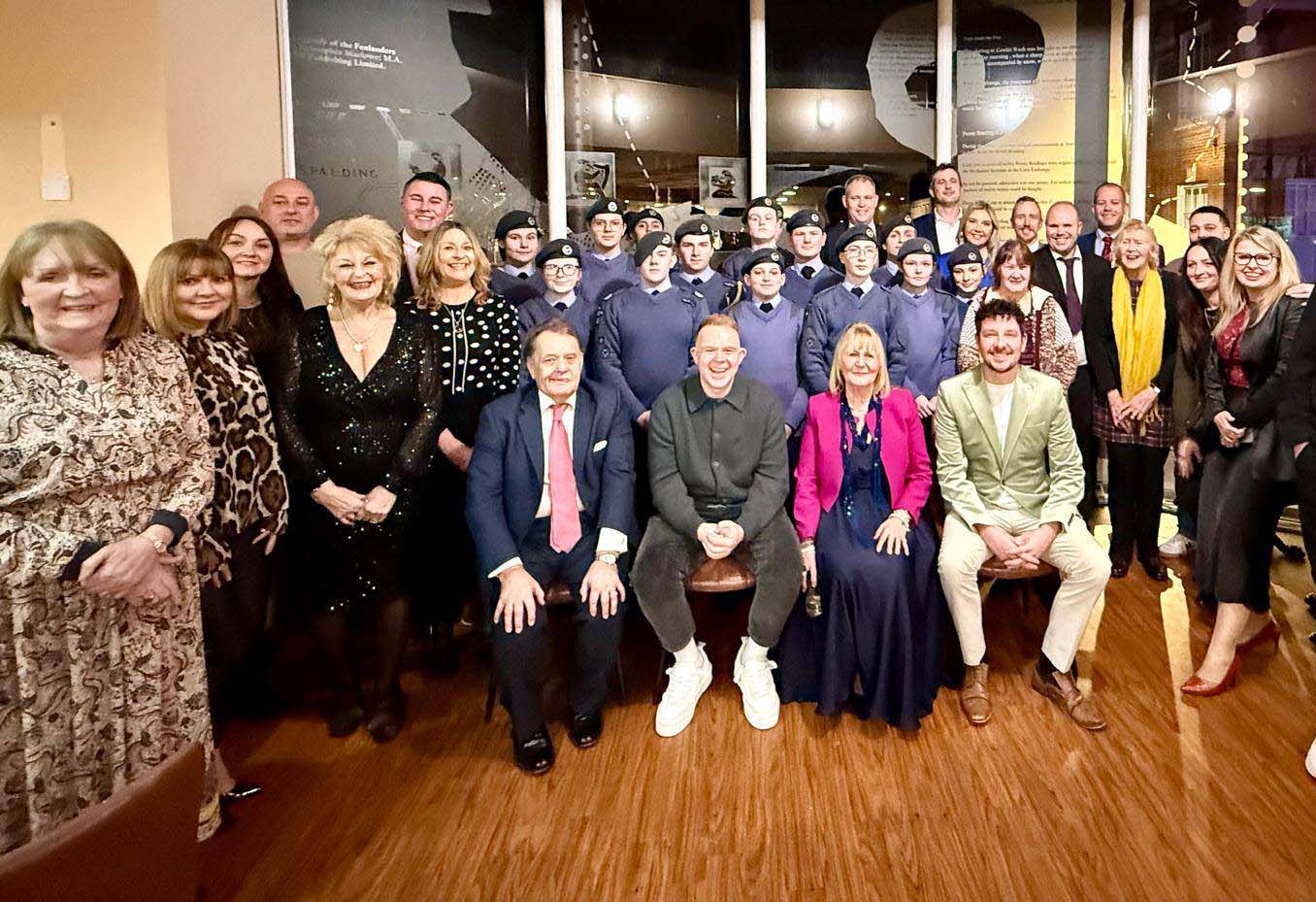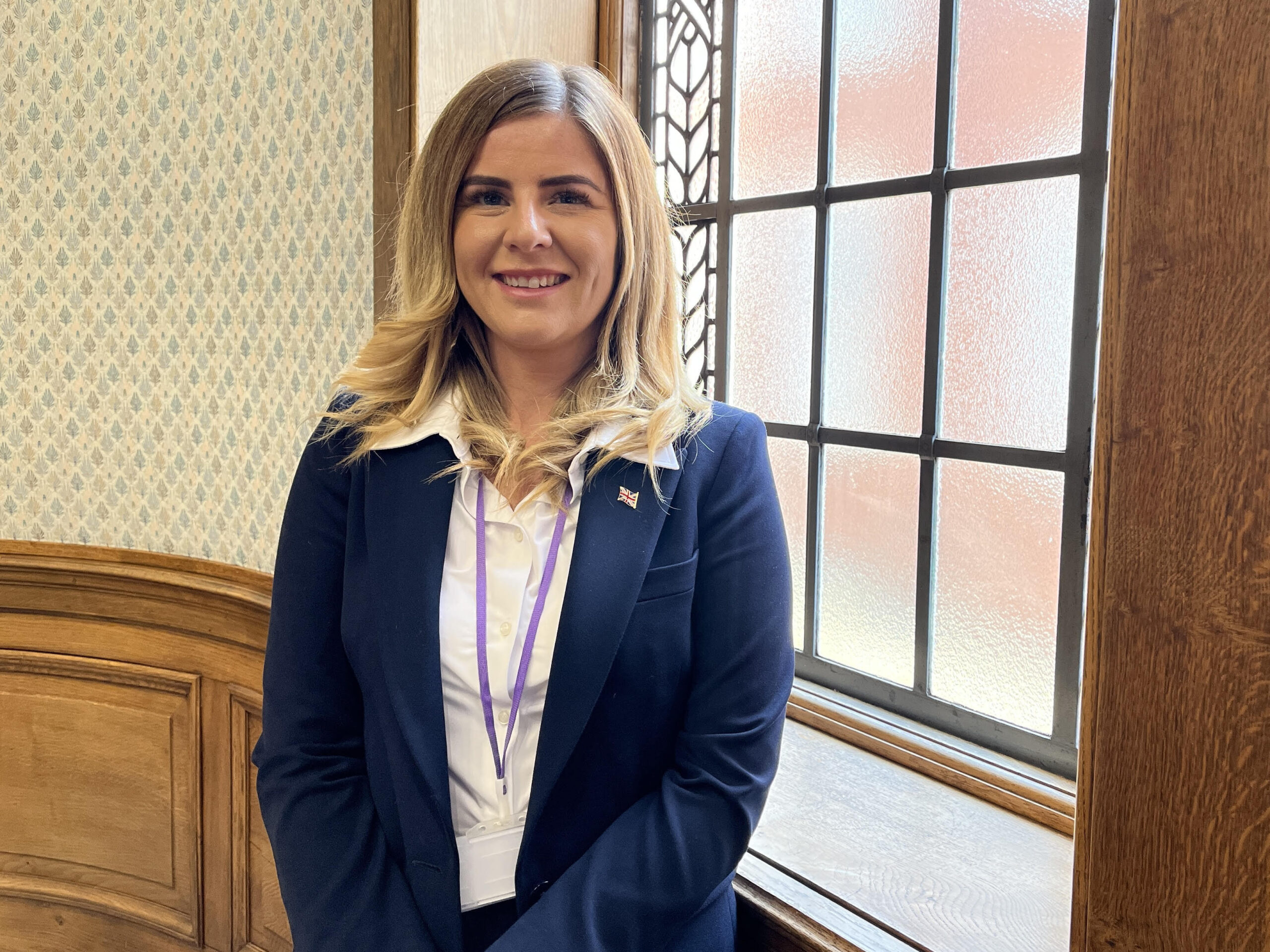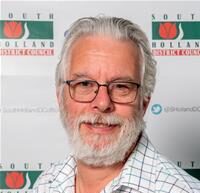
Photo (NIKKI GRIFFIN): VNG280514-21
Seventy years ago on Friday saw the launch of Operation Overlord – commonly known as the D-Day Landings.
It marked the beginning of the end for the German troops’ occupation of Western Europe.
The Anglia Motel Veterans’ Pilgrimage Fund, which has raised more than £500,000 during its 21 years, has funded the final trip back to Normandy for six war veterans. It’s the end of an era for Fleet businessman Harold Payne, who started the fund and has accompanied every trip, enabling hundreds of ex-servicemen to return to battlefields and cemeteries.
D-Day veteran Tony Blackman and his wife Rita, of Weston, have raised £4,000 for the fund this year via collections at Morrisons in Pinchbeck.
“Last year was the first time I was able to go with Harold,” said Tony. “I went to Ranville cemetery and found three of my fallen comrades and that meant a lot to me.
“What Harold has done has been fantastic.”
Harold paid tribute to all the veterans who were unable to return to Normandy one final time, including two who died earlier this year – Long Sutton man Reg Kettering and Steve Pooley, who swum ashore with a rope tied around his waist and helped pull a landcraft ashore during the D-Day landings.
We asked some of the veterans for their memories…
Tony Blackman (89) served with the 6th Airborne Division and was just 19 in 1944.
Although he claims not to remember too much, what he does recall about his role on June 7 (known as D-Day +1) is pretty vivid.
“We went to Portsmouth where we met the rest of the boats”, he said. “We were in a flat bottom boat in The Channel for ten hours and were all sick – even the sailors.
“When we finally arrived, I couldn’t have cared less because the crossing had been so bad.
“There was a gap between us and the beach. I’m 5ft 3in and the waves were six feet so you can tell what happened to me as soon as I jumped in! Someone pulled me up and told me to run.”
He added: “I remember having to dig slip trenches – I got to be good at that.”
Tony’s part in the campaign came to an end some three weeks later at Breville, where more than 100 of his 12th Parachute battalion were killed.
“I was under some trees in a wood. The Germans were told to fire at the top of the trees so the shrapnel fell down,” he said. “I was hit. Fortunately, the first person to get to me was a medic or I wouldn’t have survived.
“I was wounded on the Friday and came back to England in a Dakota on the Monday and the dressing hadn’t been changed in that time. They had to cut most of my leg away because I had gas gangrene.”
Tony’s injuries were so bad that he was never able to rejoin his battalion.
Unfortunately, Bernard Hale, who lives at Field House in Fleet, was not well enough to go on this year’s final trip.
Now 89, he remembers earning five shillings a week as a boy telegraphist.
He served with the Royal Naval patrol service and was on one of the mine-sweeping trawlers sent to clear the Normandy beaches before the June 6 landings began.
For the three days, Bernard spent eight-hour shifts in a windowless room – with just three radios and a bed for companionship.
He said: “When you’re sitting in a wireless cabin you don’t see much at all – I didn’t even know which beach we were at.
“We’d been in Lowestoft and were told that we would be going somewhere but they didn’t tell us much in case any details got out.”
Tony Blackman added: “It was really critical to know that the beaches were mostly clear before we got to them.”
Thousands of miles away from Normandy at the time of Operation Overlord, John Summerson was to become one of the serviceman known as “The D-Day Dodgers”.
“But we’d already been fighting for three years!” said the Spalding 92-year-old.
John volunteered to join the RAF when he was 18 and is part of a former Donington family with strong links to the services.
His elder brother Alan was shot down in the Battle of Sedan in 1940, but survived and eventually escaped from France. He went on to become a squadron leader, was decorated in 1957 and twice mentioned in dispatches.
John said: “My sister Marjorie was in the WAF (Women in the Air Force) at the Palace Hotel in Torquay, which had been comandeered for nursing.
“That was hit by one large bomb carried by a Focke-Wolf 190. Sixty-four of her mates were killed and Marjorie lost an arm.”
John’s late wife Pearl was also in the WAF, reaching the rank of sergeant.
John himself served with 37 Squadron and was involved in operations in North Africa with troops who became known as the Desert Rats. They were fighting German soldiers led by Rommel – nicknamed the Desert Fox.
John said: “Rommel was very much respected by the troops. Then when they were driven out of North Africa most of us were sent to Italy.
“The winter of 1944 was the worst they had had. With continuous rain the Po and Tiber overflowed – we were up to our knees in mud.
“I’ve been back to Egypt and Libya but I’ve no desire to go to Italy.
“Too many bad memories.”






